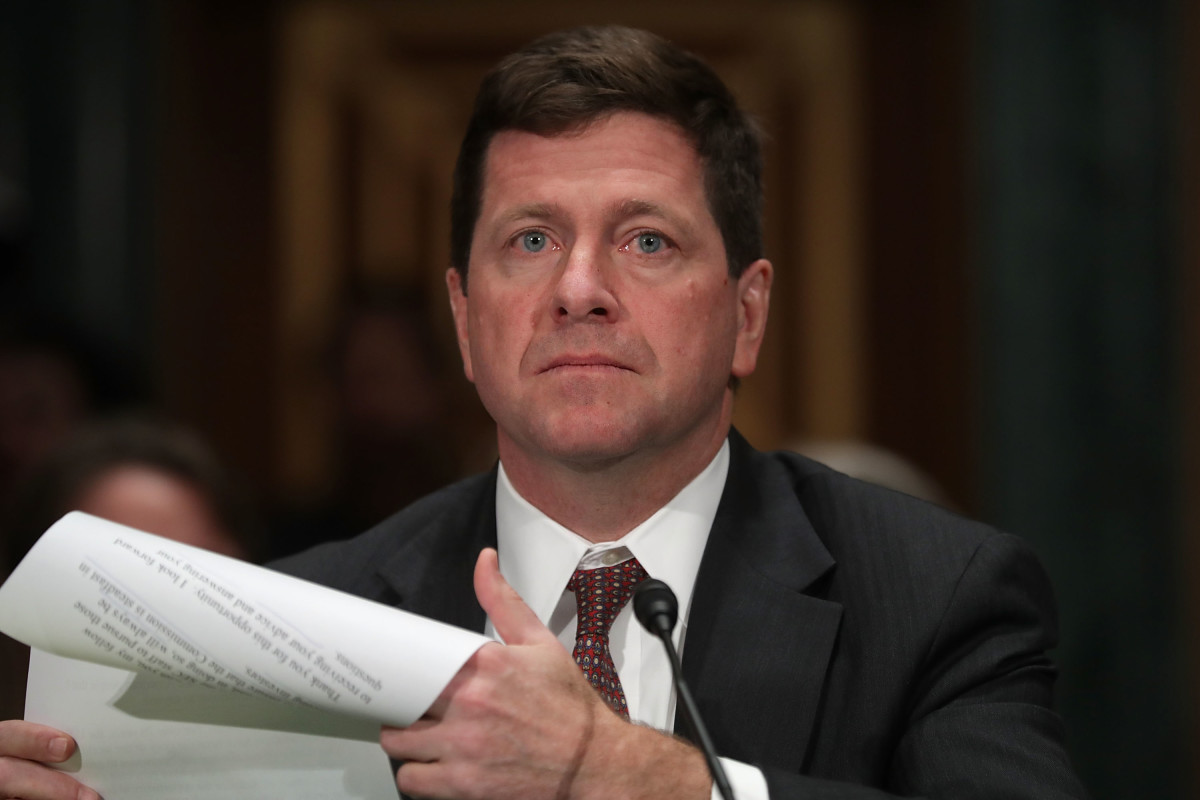If one thing consistently animated the otherwise naturally inanimate Jay Clayton during his tenure atop the Securities and Exchange Commission, it was an abiding distaste for whistleblowers. Whether motivated by laziness or snitches-get-stitches sensibility about one’s duty of loyalty to one’s employer, it is possibly the only thing the otherwise amorphous white-shoe attorney ever really believed it. So you could be absolutely certain that if there was anything Clayton was going to get done as the clock ran down on his patron’s term and the whistleblower complaints began to horrifying flood his office, it was going to be pushing through his plan to change the SEC’s whistleblower-award determination scale to “whatever the fuck I feel like,” which he did.


